As AI continues to revolutionize various industries, its presence in education has sparked a complex debate. On one hand, schools across the country are imposing strict policies that limit or even prohibit the use of AI tools in classrooms, citing concerns over cheating, misinformation, and dependency. Yet, on the other hand, these same institutions are providing students with school Chromebooks—devices that are not only equipped with AI features but also give students easy access to AI resources that are far from blocked. This debate raises the question: If AI is truly seen as detrimental to learning, why isn’t it more restricted on the devices that students use daily?
At South High, all students received announcements and emails outlining the consequences of using AI to cheat in class. The primary tool mentioned was ChatGPT, which remains accessible on students’ school Chromebooks. Recently, the rules surrounding this issue have been strictly enforced, given how easy it is to use ChatGPT. However, my main question is: Why are these rules being so strongly enforced, yet ChatGPT has not been blocked for us? How is it that almost every game site is blocked, and streaming services for movies and shows, but the most significant potential academic challenge is available at all times?
These questions raise broader concerns, as it seems that this issue may not only be specific to Parkway South, but could also be a global problem.
English teacher Donna Vondera shared her thoughts on AI usage by students.
“As English teachers, we aim to teach strong writing skills and model the writing process for our students. When students are tempted to use AI, it can make the writing process more complicated and self-sabotaging,” she said.
Vondera implies that the goal is to help students become better writers by showing them how to go through the writing process step by step. When students use AI too much, it can make writing harder because they might skip important steps, like brainstorming and revising, which are key to improving their skills.
Principal Angie Pappas-Muyco, also shared her thoughts on AI being available on school Chromebooks.
“The landscape of the world that we live in, having it on Chromebook, I think is tempting for students because it becomes a way for them to skip doing the work, and thinking about using AI instead of trying or asking a teacher for help if necessary. Most teachers are going to work with students and help them better understand something that is a reason why I get frustrated when students automatically go to AI instead of using the other resources they have,” she said.
The question arises for all if AI is creating a positive or negative impact on our school.
“I see more negative because students are using it for cheating or not really doing the work fully themselves. So that has a negative impact on students. One thing I believe we could be doing better is to teach students how to use AI for its benefits versus how to get away with doing little to no work,” Pappas-Muyco said.
In conclusion, while AI offers great potential, its role in education must be carefully managed. Schools should focus on guiding students to use AI as a tool for learning, rather than a shortcut to bypass the effort. By having a balance, educators can help students develop the skills they need while embracing the benefits of new technologies. Parkway should consider their reasoning for continuing to have AI sites like ChatGPT available on district Chromebooks.
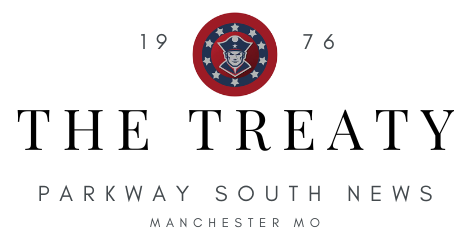

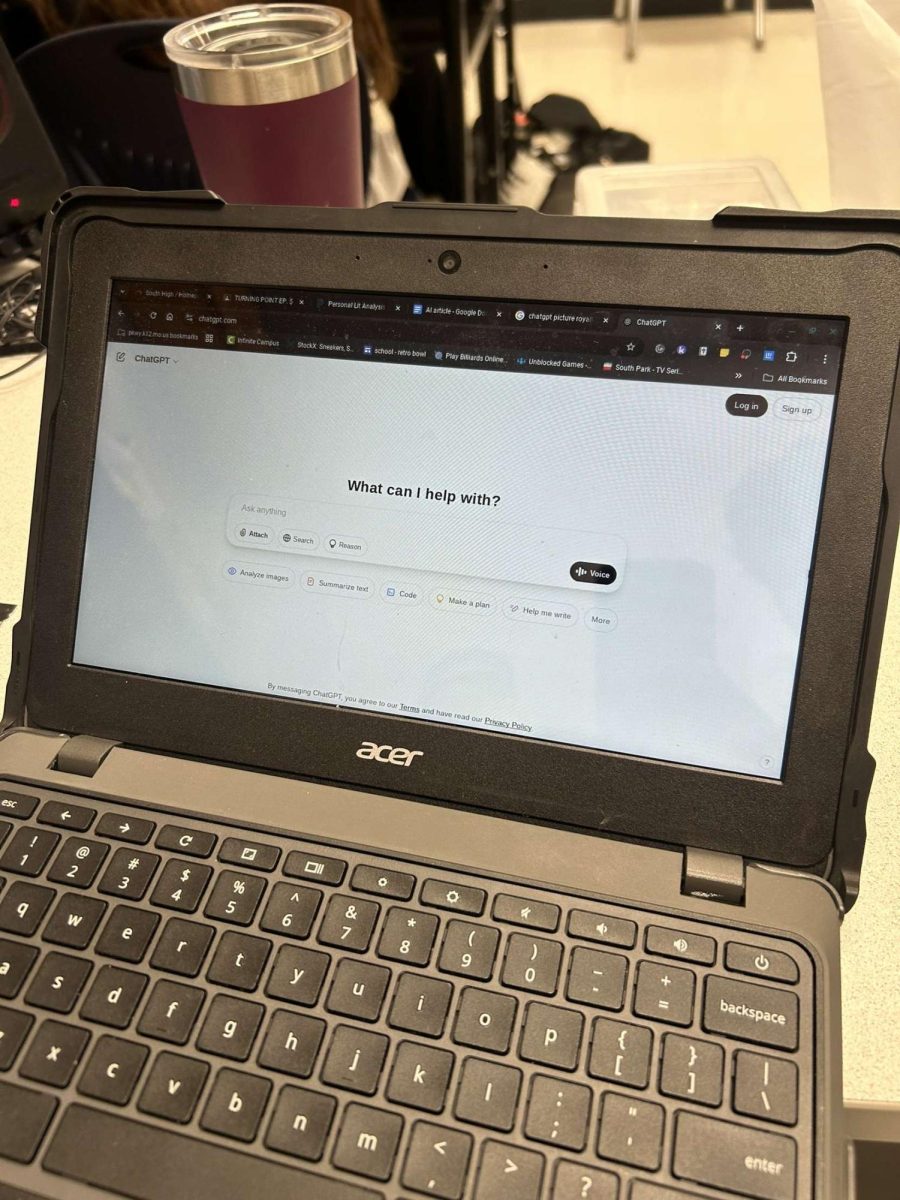

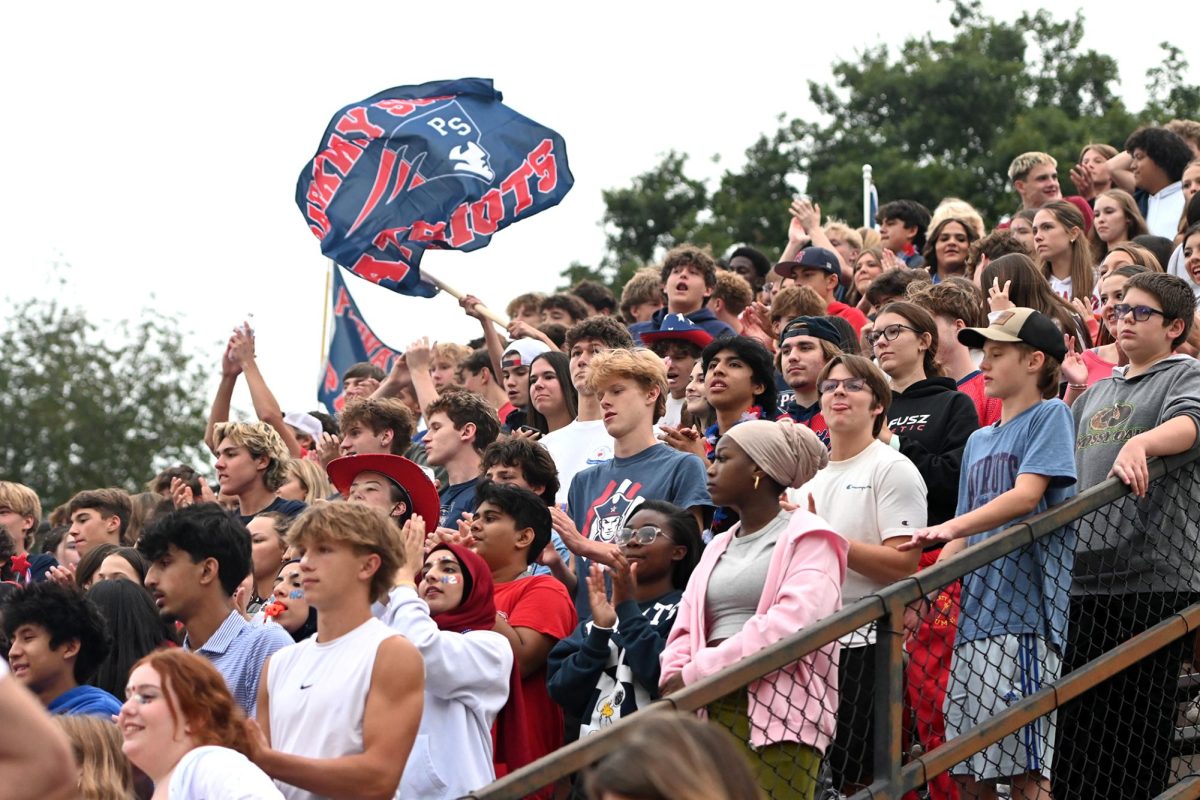




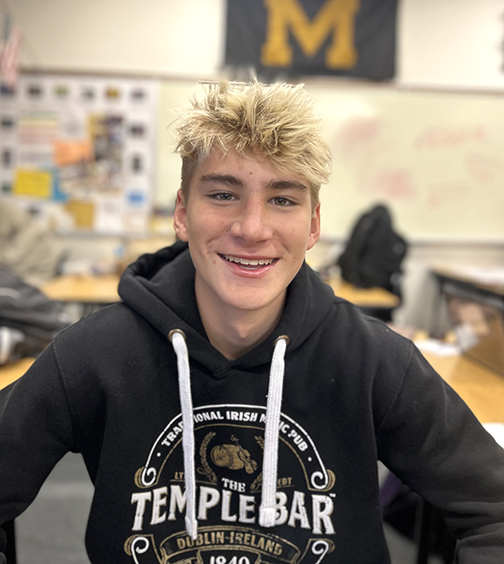
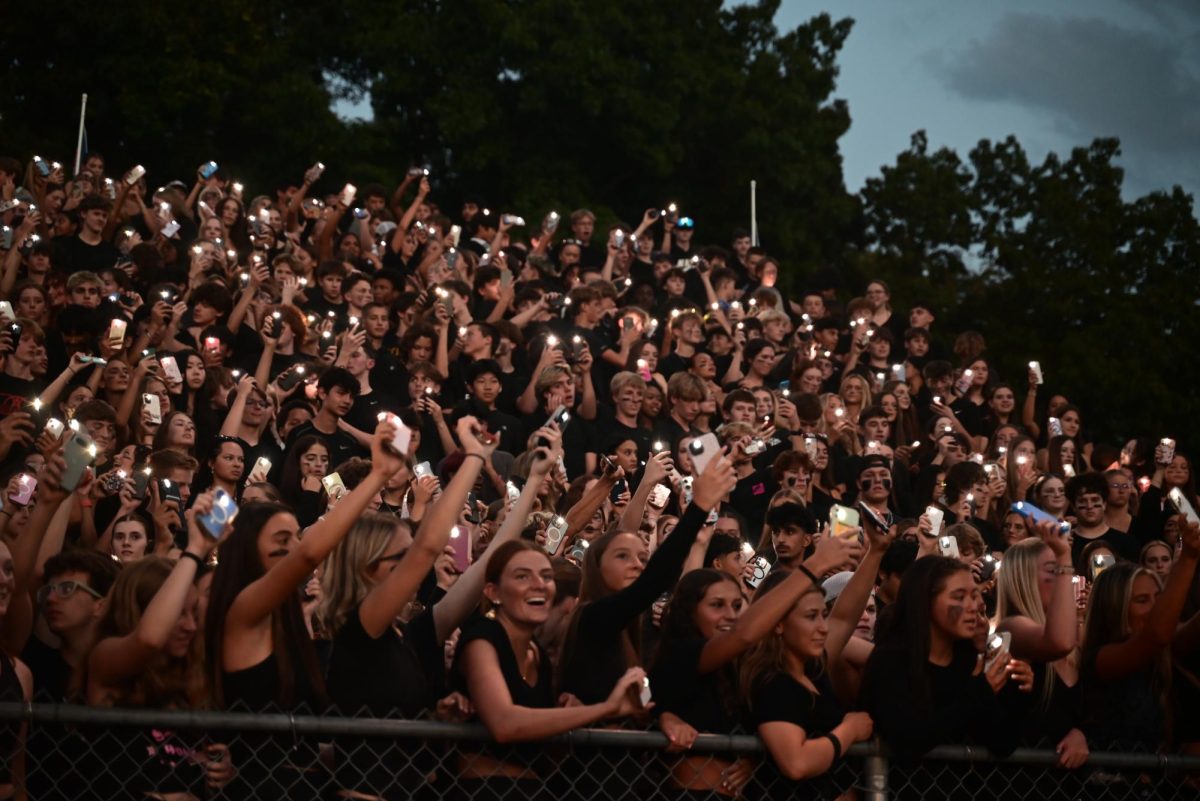
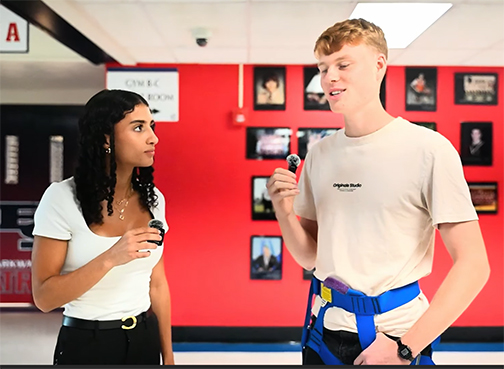

![With her mom and sister cheering her, senior Maiyah Syed gets recognized on Senior Night for Color Guard, Oct. 10. "It felt pretty good [to be recognized]. I thought it was nice to have all my accomplishments laid out [by the announcer.] [I'm really going to miss] the evening practices and the bonding with the team over everything," Syed said.](https://psouthtreaty.com/wp-content/uploads/2025/10/emilypiccropped-Gavin-Brady-935x1200.jpg)

